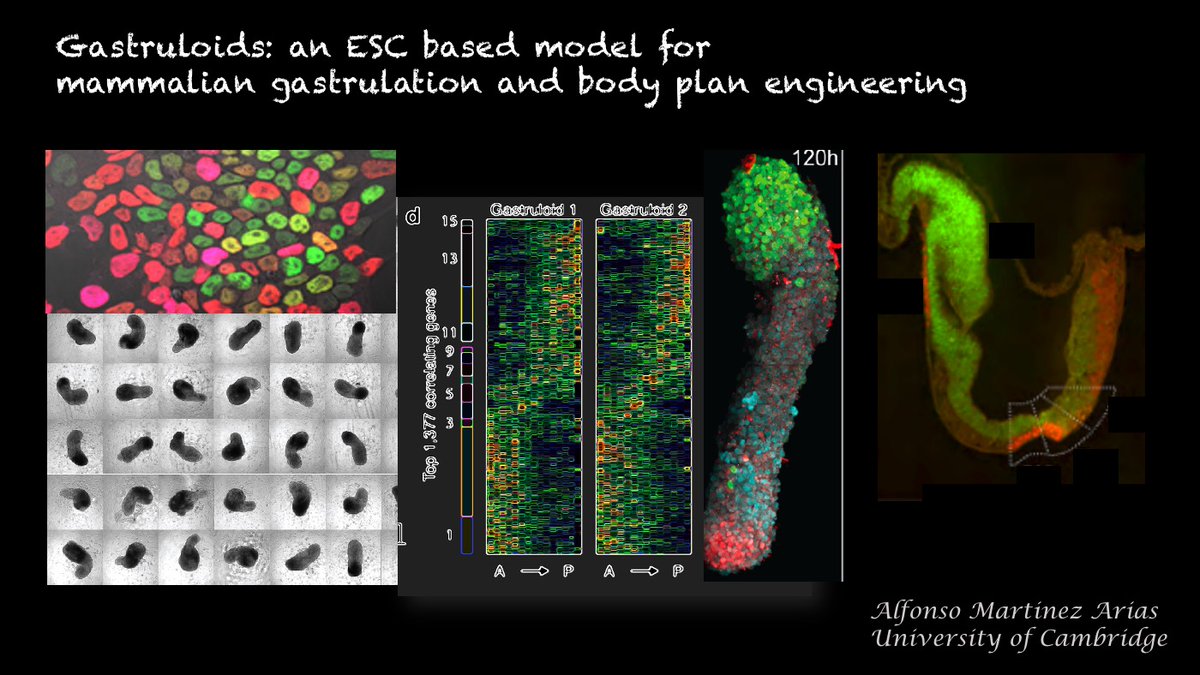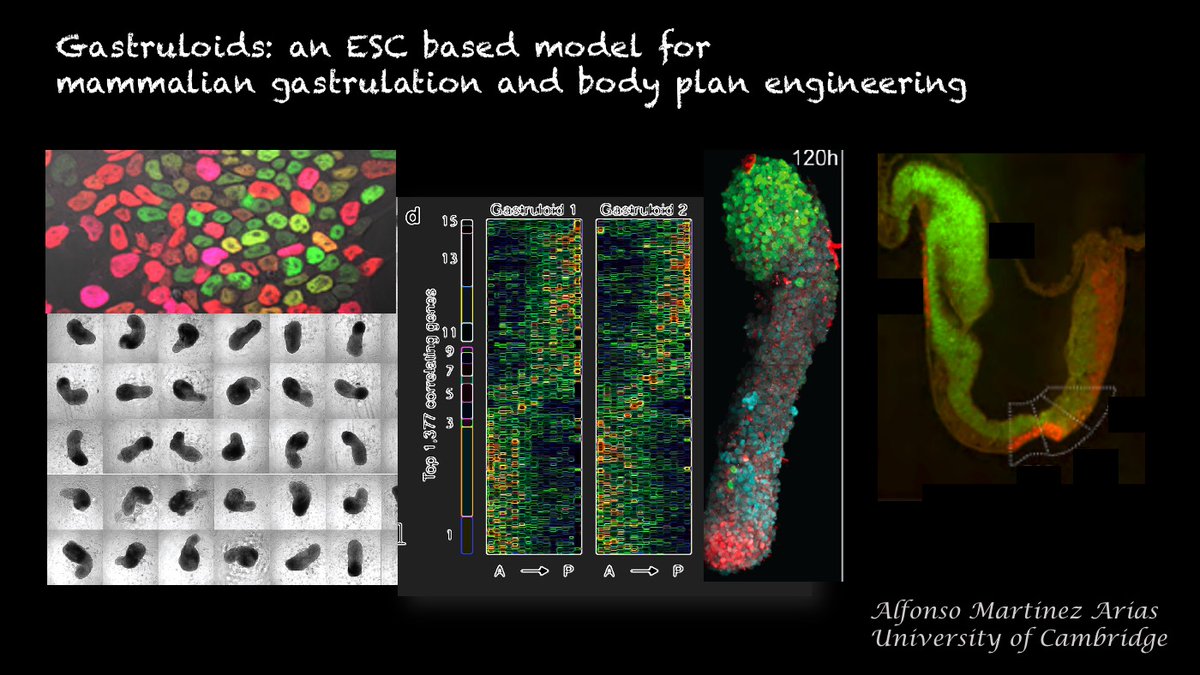Many of the arguments shorturl.at/kDNX5 are correct but @guardian should be careful not to exaggerate statements of scientists & misinform the public. #Thread
In particular it is questionable whether scientific data that are not publicly available and thus not verifiable should be communicated in newspaper and used to make moral and ethical judgements.
#Stem cells and #EmbryoModels offer tremendous potential for understanding how we come to be and can have a very significant impact on public health. As noted in this article, they can bring profound economic, social, and environmental benefits.
The scientific community is aware of this and of the development raised here. In consequence it is acting, at the right pace and in the right forums see e.g shorturl.at/xIT57.
It is a hard slog to make scientific advances while drafting a roadmap for incremental, justified usage of stem cells that could maximize benefits to society.
Scientists go thru a very thorough peer review process to publish their findings. The potential discoveries reported in these publications are then verified by other scientists, and are sometimes found to be incorrect.
This lengthy process is essential to ensure that the discoveries can be adequately communicated to the public.
The reports @guardian published from #ISSCR are an example of hasty reporting that flirts with sensationalist journalism. They also ooze ignorance of the field they are reporting on, and can have dire consequences for research and curtailing potential societal benefits.
Scientists should also be careful about how they communicate with the press. They must report on their research in a timely fashion and in a clear and unambiguous manner to make oversight understandable and transparent and to hold researchers accountable to maintain public trust.
See basic ethics principles isscr.org/guidelines/blo…
We cannot stop rogue individuals with particular agendas that can derail ongoing processes but their statements should be checked before publication.
As a Developmental biologist, I welcome the interest of @guardian in our field but would appreciate it if they, and particularly their reporters, could inform themselves better about the complex issues that they discuss before going to press so as not to provide misinformation
The good news is that these articles have put #DevBio in the eye of Society and that this will give the public a broader view of #Biology.
However, as the @guardian knows, fake news are not a good way to shape society and I hope that they learn some lessons from this episode. The community will be very happy to work with them.
• • •
Missing some Tweet in this thread? You can try to
force a refresh

 Read on Twitter
Read on Twitter






